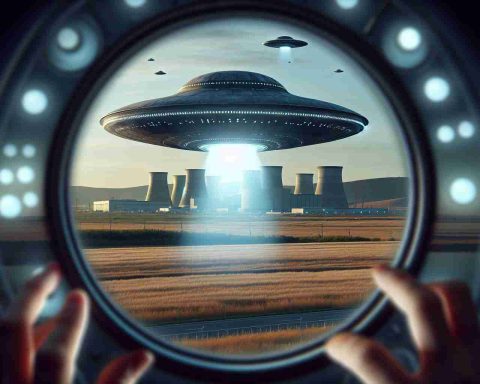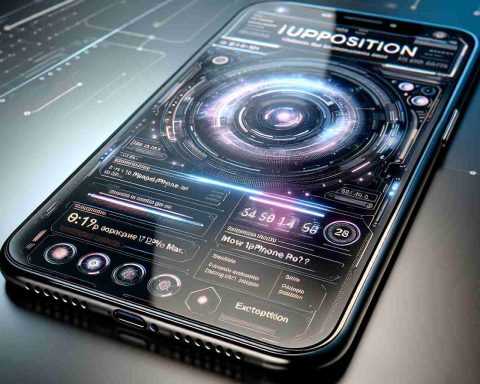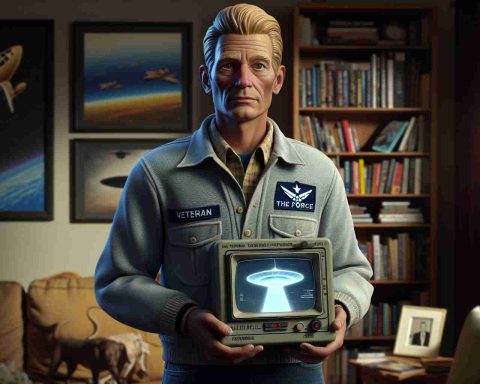Astroscale, the renowned Japanese space firm, is gearing up to revolutionize satellite management with its latest project based in the UK. The company’s efforts are centered around its Critical Design Review for an innovative ‘space tug’ designed to safely remove a OneWeb satellite from its current location in low Earth orbit.
According to Nick Shave, the Managing Director of Astroscale UK, the team is in the process of sourcing key components for what they term a ‘flatsat’ assembly. This phase involves organizing and testing various parts before construction begins, ensuring everything is primed for a successful mission.
The ambitious goal is to create a service craft weighing 500 kilograms, equipped with a specialized capture mechanism that will connect to OneWeb satellites. This technology is specifically designed to work with the magnetic docking plates that are standard on many of OneWeb’s more than 600 satellites currently orbiting Earth.
With the launch set for the second quarter of 2026, significant funding has already been secured. The UK Space Agency and the European Space Agency have collectively invested approximately $35 million, while Astroscale is covering over half of the project’s financial requirements. This initiative not only aims to tackle the growing issue of space debris but also paves the way for future satellite servicing solutions.
Astroscale’s Space Tug: A Game Changer for Satellite Management
Introduction
Astroscale, a pioneering Japanese space firm, is leading a transformative initiative in satellite management with its latest project in the UK. The company aims to develop a state-of-the-art ‘space tug’ designed to safely deorbit satellites, starting with the challenge of removing a OneWeb satellite from low Earth orbit (LEO). This innovative approach not only addresses the escalating problem of space debris but also opens new avenues for satellite servicing in the future.
Key Features of the ‘Space Tug’
1. Innovative Design: The space tug will weigh approximately 500 kilograms and features a specialized capture mechanism tailored to fit the magnetic docking plates of OneWeb’s satellites. This compatibility ensures efficient operations for satellite retrieval.
2. Flatsat Assembly: Astroscale is in the process of creating a ‘flatsat’ assembly, which involves organizing and testing key components before construction. This vital phase ensures that all parts function seamlessly together, enabling a successful mission launch.
3. Funding and Support: The project has garnered substantial financial backing, with approximately $35 million invested by the UK Space Agency and the European Space Agency. Furthermore, Astroscale is contributing over half of the total project costs, showcasing a strong commitment to this initiative.
Timeline for Launch
The space tug is scheduled for a launch in the second quarter of 2026. This timeline reflects the meticulous planning and development processes involved in ensuring the project meets its ambitious objectives.
Pros and Cons of the Space Tug Initiative
# Pros:
– Space Debris Mitigation: Provides a solution to the increasing issue of unmanaged space debris in LEO, promoting a sustainable and safe orbital environment.
– Enhanced Satellite Servicing: Sets the groundwork for future satellite servicing missions, potentially increasing the lifespan and functionality of satellite technology.
– Collaborative Efforts: Leverages support from notable space agencies, ensuring a robust financial and technical foundation for the project.
# Cons:
– High Development Costs: The financial investment required for the project is significant, which may pose risks if not managed effectively.
– Technical Challenges: Developing technology that can reliably capture and deorbit a satellite remains a complex engineering challenge that must be overcome.
Use Cases and Market Implications
The development of the space tug positions Astroscale as a key player in the emerging market for on-orbit satellite servicing and debris removal. As the number of satellites in orbit continues to rise, the demand for effective debris management solutions will likely grow, creating potential opportunities for Astroscale and similar companies.
Future Trends and Innovations
As satellite technology evolves, incorporating advanced automation and AI into satellite servicing missions may enhance efficiency and safety. Astroscale’s innovations could lead to a new era of sustainable space operations, setting a precedent for future developments in the industry.
Conclusion
Astroscale’s project for a space tug represents a significant step forward in satellite management and space sustainability. With a solid foundation of support and innovative design, this initiative holds the promise of reshaping how we address the challenges of space debris and satellite servicing.
For more information on space technology and innovations, visit Astroscale.


















